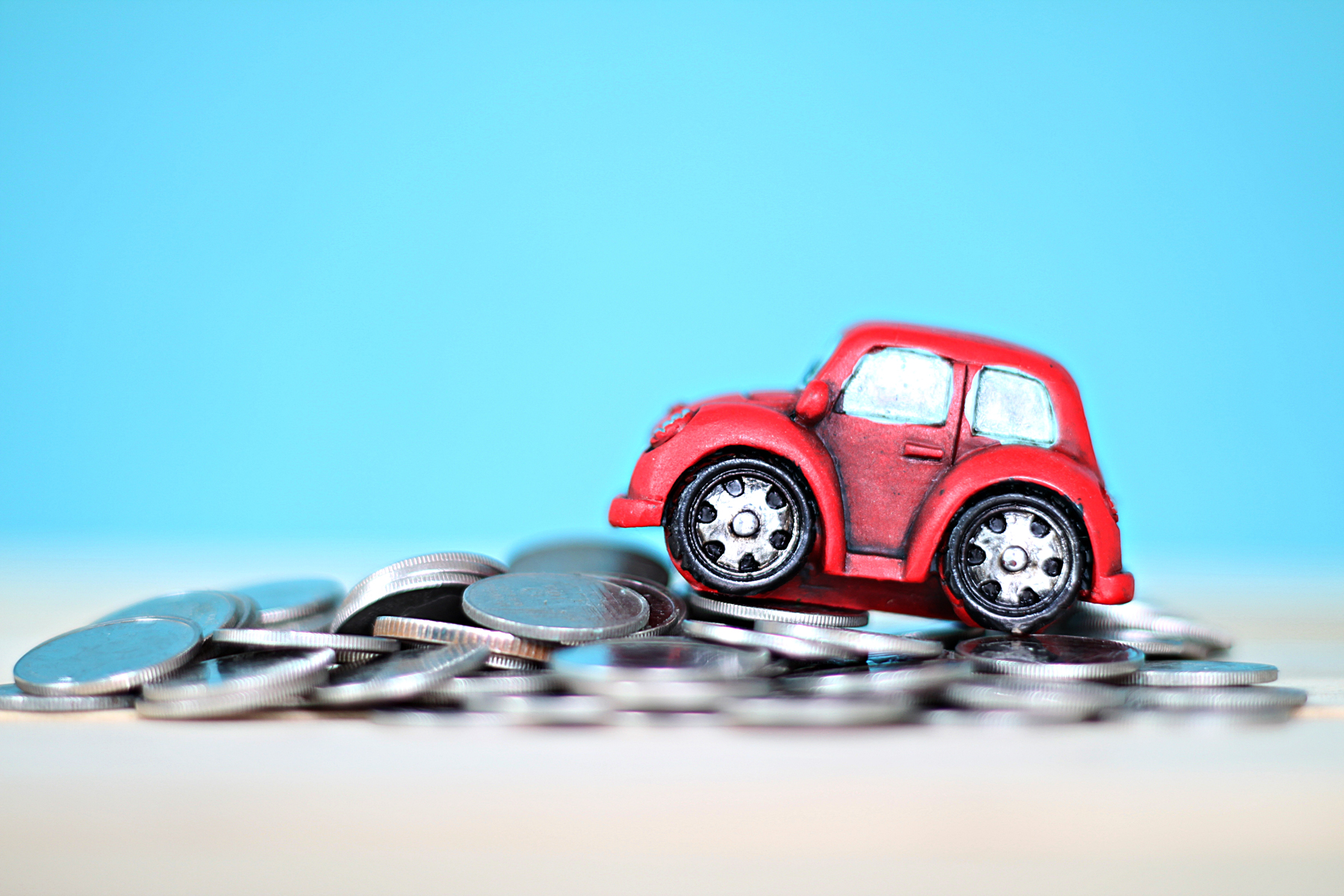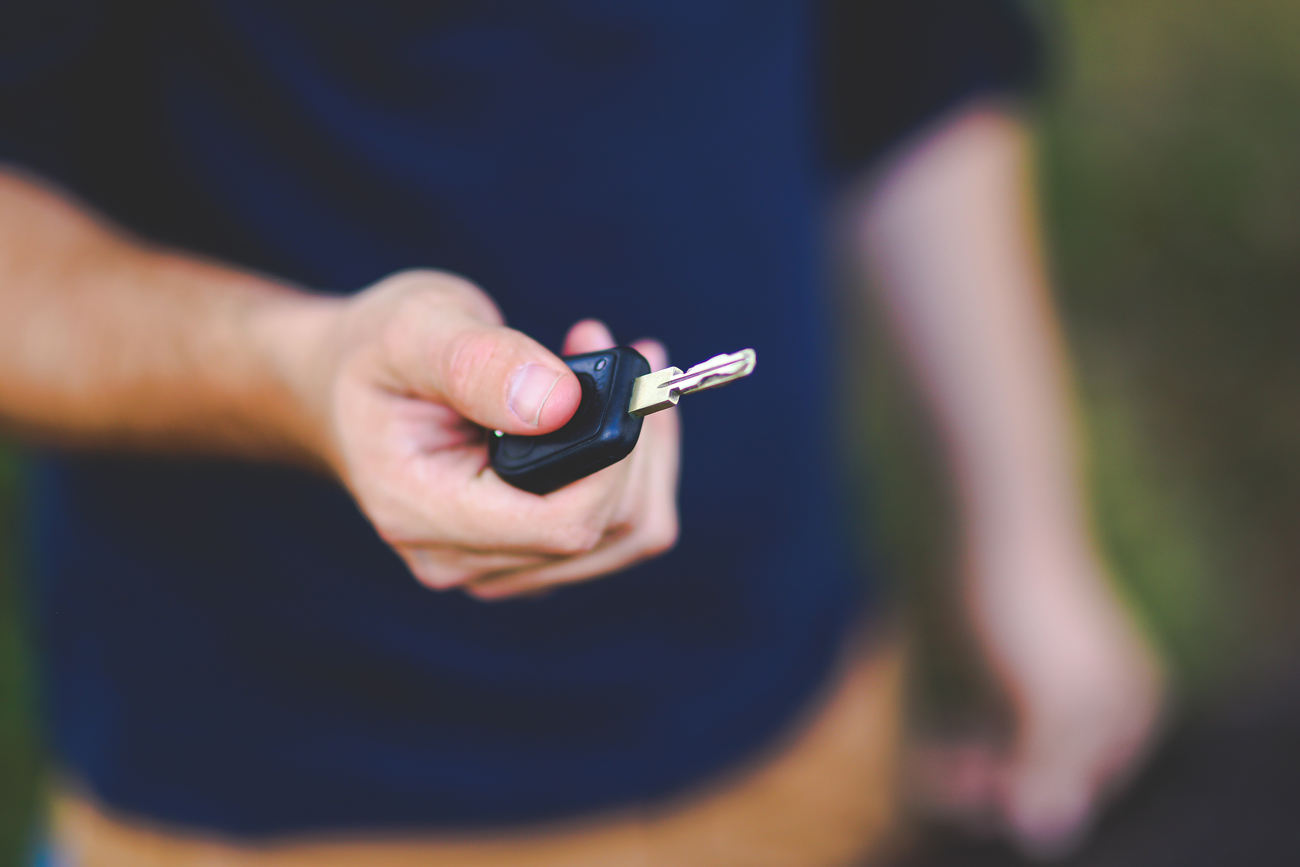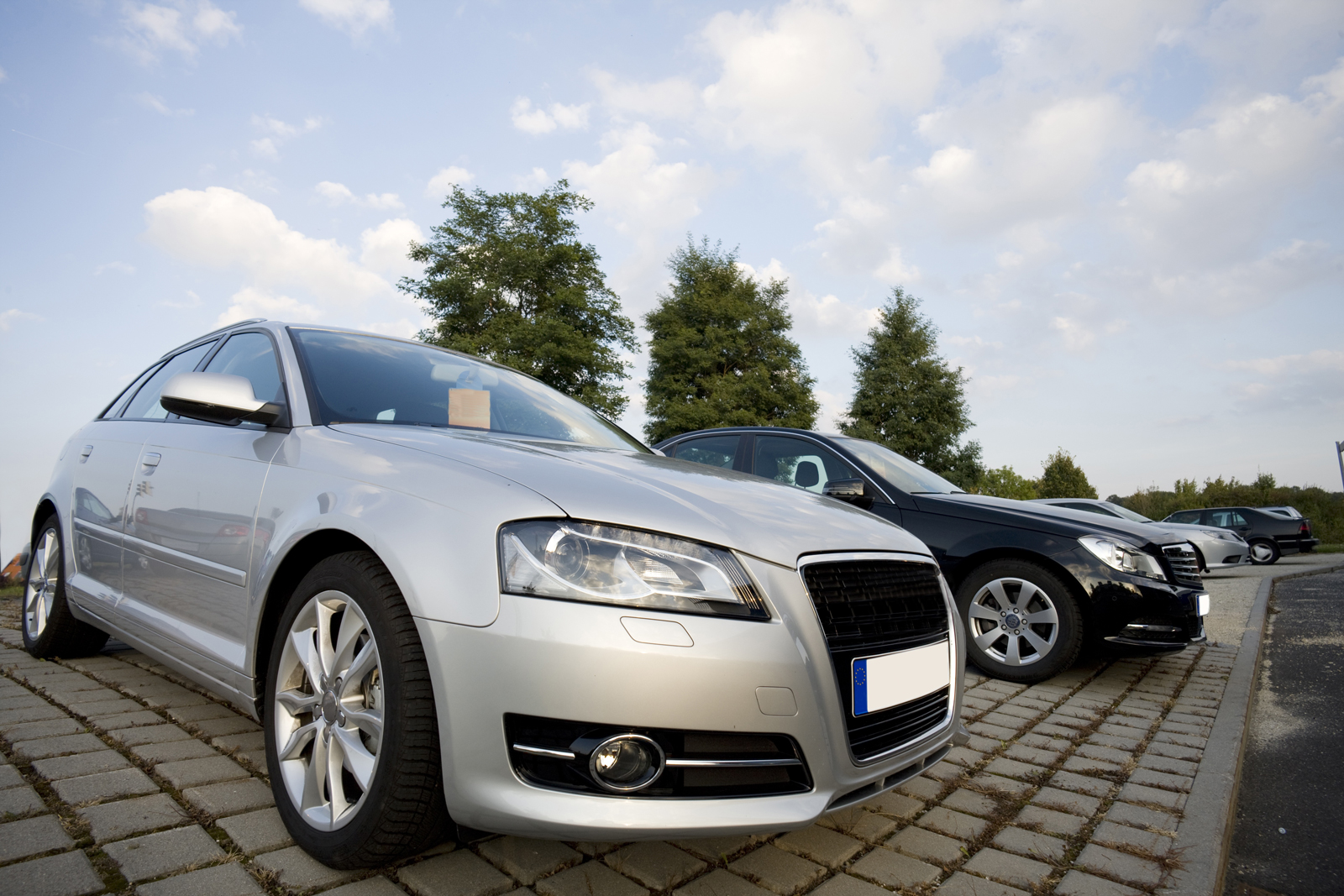Impounded car insurance – your common questions answered
If your vehicle has been impounded, you’re probably confused and worried, especially if you’re not the registered keeper – so let’s take a look at 17 of the most frequently asked questions about this issue.
At the Insurance Factory, we support many people who find themselves in this frustrating and costly position. So we’re well placed to answer some of those nagging queries, and help you get reunited with your motor as quickly and painlessly as possible.
Read on for our answers, and do get in contact if we can help you further by providing quotes – including for impounded car insurance if you’re not the registered keeper.
1. Who can impound your car, and why?
Think that impounding cars is just a police matter? Wrong! There are several official bodies that can order your vehicle to be seized.
The police, of course, have the right to seize your vehicle on a number of grounds, for example if they believe:
● It is being used in a way that causes alarm, like careless driving.
● It’s being driven by someone without a licence or insurance.
● It’s dangerously or illegally parked.
● It provides evidence of a crime.
● You’ve failed to stop after an accident.
Then there’s the DVLA. It can order your car to be seized on tax grounds, for example:
● You haven’t paid your vehicle tax.
● Your vehicle is on the road when it’s been issued with a SORN notice.
● It’s a foreign registered vehicle that’s been driven in the UK for longer than six months or belongs to a UK resident.
The contractor that carries out seizures on behalf of the DVLA is NSL. Also, the DVLA has devolved powers to many police forces and local authorities, so it may be their officers who impound your vehicle on tax grounds.
Your local authority also has powers to seize vehicles that have been abandoned on land in the open air and roads, including private land or roads.
So if you’re going away for a lengthy period, think about where you’ll store your car, otherwise you might be notified that it’s been removed. See Q5 for details about arranging for someone to collect it on your behalf while you’re out of the country, including how to get impounded car insurance for people not registered as the keeper.
Finally, your car can be seized if you have outstanding penalty charge notices or other debts. This would be ordered by a court, and carried out by bailiffs or fines enforcement officers.
2. What does it cost to release an impounded car?
Sadly, there are quite a few costs you could have to pay at the car pound.
● Any outstanding penalties. If your vehicle was seized for non-payment of fines, this is likely to be a hefty amount.
● If your car was taken for non-payment of vehicle tax, you’ll need to pay that, too. Alternatively, you can pay a surety deposit of £160 for cars or motorbikes, which you can then reclaim if you settle your tax bill within 15 days.
● Removal fees, which vary depending on the weight and condition of the vehicle. For cars in good condition, it’s £150, but if they’ve been badly damaged in an accident, that cost will rise.
● Storage fees, usually £21 per day.
● Finally, many insurance providers won’t cover you for driving your vehicle away from the pound, so you’ll need to take out specialist cover. Impounded car insurance if you’re not the registered keeper of the vehicle is available, too.
So the costs really do add up – and will keep rising the longer it takes you to collect your vehicle.

3. What documents do I need to bring?
If your car’s been impounded, you should receive a letter or leaflet explaining all the paperwork you need to present. It can vary somewhat from pound to pound, so it’s best to double check before you set off.
Documents you need to present are likely to include:
● Your driving licence.
● Your insurance policy.
● Your V5C certificate proving that you are the registered keeper.
● Another form of ID, such as a passport or a utility bill.
If you don’t have insurance, you’ll need to take out a specialist policy to allow you to drive the vehicle away. Impounded car insurance if you’re not the registered keeper is also available – just contact us at the Insurance Factory to ask.
You might need to present this information at a local police station, before being given a release form to take to your pound.
4. Why can’t I take out regular car insurance?
Many car insurance providers specifically exclude collecting cars from the pound, so you could well need to find a specialist policy to cover you.
Given that having your car impounded is already a very stressful event, this could be the last straw! Fortunately, the Insurance Factory has many years’ experience in arranging cover, and we’ll search our panel of trusted insurance providers to find you a policy that suits.
This could even be impounded car insurance for someone who’s not the registered keeper of the vehicle that you want collected.
Impounded car insurance generally covers you for one month, giving you enough time to get your affairs in order for the longer term.
5. Can I send someone else to collect my car?
Normally, the registered keeper of the vehicle is the person who needs to present at the pound. There are a few exceptions:
● If you’re too ill to attend.
● If you’re out of the country.
● If you have other compelling compassionate circumstances that prevent you from coming along.
You’ll need to provide proof that one of these circumstances applies, so contact the relevant pound to find out what they’ll accept.
Your friend or family member will also need to present:
● A letter of authority consenting to them collecting your vehicle, signed by you.
● A copy of your passport or driving licence as proof of your signature.
● Your V5C documentation.
● Their own driving licence.
● Personal ID.
They must also prove they’re insured to drive your vehicle away from the pound. This can be tricky, as their own insurance is likely to specifically exclude this scenario.
Instead, you may well have to name them on your own specialist policy. So contact the Insurance Factory to get a quote for impounded car insurance for someone who’s not the registered keeper of a vehicle – we’ve got plenty of experience in making this process as simple as possible for you.
6. Can I sell an impounded car before collecting it?
It is indeed possible to sell your car while it’s in the pound – but only if it’s a genuine sale. You can’t just pass it on to another person in an attempt to get round laws.
So if your vehicle was seized because you were driving it without a valid licence, you can’t simply “sell” it to a friend who does have a licence, then take it back once it’s been released.
Instead, you and the buyer will both have to follow the correct procedure:
1. You’ll need to provide a bill of sale – download a legal template online.
2. Then you’ll have to fill in the relevant sections of the V5C logbook and hand them to the new buyer, ready to show at the pound later.
3. The buyer must then pay you for the car.
4. The buyer must then insure the car. It’s best to let the insurance company know that the vehicle is currently in a pound, to avoid any potential issues down the line.
5. Both you and the new buyer must then go to the pound with the bill of sale and all other relevant documents (see Qs 3 and 4 above).
6. Staff are likely to send the V5C/2 off to the DVLA on your behalf, and your buyer will receive a new logbook in due course.
You’ll still have to pay release and storage fees and any other penalties or debts. But if you can’t afford to do so without selling your vehicle, then this is one way around that problem.
If you don’t collect your car, it may eventually be sold at a police car auction.

7. What happens if I’m the owner but not the keeper of an impounded car?
Usually, the owner and the keeper of a vehicle are the same person. But there are some exceptions to that rule: company cars, for example, or a car that is bought by a parent for a young adult to drive.
If your son or daughter has their vehicle seized, they might turn to you for help in getting it back.
For example, they might have driven it before passing their test, had it seized, and been unable to drive it away from the pound. Highly infuriating, but part and parcel of being a parent!
You may well find that your own insurance doesn’t cover you for this scenario. Instead, you’ll need to seek out impounded car insurance for those not registered as the keeper of a vehicle.
Many providers don’t offer this, but if you contact us, we’ll do the legwork for you in finding a quote.
You’ll then need to go along to the pound with your (hopefully repentant) teenager, and present the documents listed in Qs 3 and 4 above. Then it’s time for home – and some very severe words indeed!
Of course, that won’t be the end of it – your young adult son or daughter will face penalties for driving without insurance. But at least you can help them get back on track, and hopefully they’ll learn their lesson.
8. What if my car is on hire purchase?
This is a bit of a legal grey area. It can be that the hire purchase company is regarded as the legal owner of the vehicle, while you are the registered keeper.
The police may therefore contact the hire purchase company when your car is impounded, who may come to recover it themselves. To do so, they would have to pay outstanding charges, which they might seek to pass onto you.
Plus, certain grounds for impoundment might also invalidate your contract with the hire company – for example, if you’ve driven without insurance. So in this scenario, you could well end up in a lot of legal wrangling!
9. How do I find where my car’s been taken?
If you’re present when your car is impounded (say, you were involved in an accident), then you’ll be issued with a leaflet explaining how to get it back.
However, vehicles may well be impounded while the driver is absent. If that happens to yours, when you return to the spot where you parked it, you won’t know whether it’s been stolen or impounded.
One of the following options should reunite you with your motor:
● You can also call the non-emergency police number 101.
● You can contact the parking enforcement company NSL on 0343 224 1999.
● In London, you can input your registration number to the TRACE website.
● You’ll be sent a letter in the post including the contact details for the pound where your car has been taken.
Most pounds are some way out of town, so you’ve got the added hassle and expense of getting there.
10. How can I get my vehicle back if it has no MOT?
If your car has been impounded because it has no valid MOT certificate, then you’ve got an extra hoop to jump through before you can get it back.
If possible, you can book an MOT test, and show the evidence to staff at the pound. You’ll then be allowed to drive it out of the pound, so long as you’re taking it directly to the MOT garage.
You’ll also have to provide all the documentation listed above, including proof of insurance. If you’re getting a friend or family member to collect it on your behalf, you’ll need to get impounded car insurance for someone who’s not the registered keeper.

11. How can I get my vehicle back if it’s not roadworthy?
For a car that is not roadworthy, you’ll need to arrange for a recovery truck to collect it and take it straight in for repairs.
● You must contact a specialist recovery service – you can’t just ask a mate to tow it.
● Your vehicle will need to be either taxed or declared SORN while it’s in the garage.
● In both the above cases, you’ll still need to provide all the relevant documents as listed above, and make any outstanding payments.
● You’re not permitted to carry out repairs at the pound itself, even minor ones. At some pounds, staff might assist you with jumpstarting, but don’t bank on this.
12. How can I reclaim my car if I have only a provisional licence?
It’s perfectly possible for your car to be impounded when you’re a learner driver – before you’ve even passed your test – for example, if you’re caught driving it without supervision.
In addition to the documentation above, you’ll need to bring along someone who can supervise you as you drive it away. Just as is normally the case, they must:
● Be aged over 21.
● Have held a full licence for three years or more.
● Be qualified to drive the vehicle you’re in.
● Not use a mobile phone while supervising you.
Plus, they’ll need to be insured for your vehicle, and their own car insurance is unlikely to cover them for collecting a vehicle from the pound. So you’ll need to make sure they’re covered by your impounded car insurance for people who aren’t the registered keeper.
Don’t forget that you’ll need L-plates to drive away too – you may be able to buy these at the pound if you don’t already have a set.
13. What happens if I don’t reclaim my vehicle?
You must contact the pound with your documentation within seven days. You’ve then got another seven days if you need to make arrangements before you can drive it away, for example, by booking a recovery truck or an MOT.
After this point, it will be disposed of: either by sending to scrap, or by selling at auction.
You are entitled to the proceeds from any sale, but bear in mind that auction prices are likely to be considerably lower than the market value of your vehicle.
You have up to a year to claim these proceeds. So if you’re abroad for a while and return to find your car has been impounded and auctioned in your absence, you can still get some money back.
You’ll have to pay outstanding removal and storage fees (see Q2), plus a disposal fee of £75. If you can’t pay these upfront, they can be taken out of the proceeds of the auction.

14. Can I disclaim my vehicle?
If you don’t want the vehicle back, you can formally disclaim it. This involves:
● Going to the pound or police station with your ID and proof of ownership
● Signing a vehicle disclaimer
● Paying a disposal fee of £75 for a car
● Paying any outstanding penalty charge notices.
However, you won’t have to stump up for the storage or removal fees.
Once you’ve done this, your car will be disposed of immediately by either scrapping or selling it at auction. You won’t be entitled to the proceeds from any sale.
15. Can I get my belongings out of my car while it’s in the pound?
So you’re not in a position (yet) to reclaim your car, but you need some possessions that are inside? Fortunately, you are allowed to access them – but, as you might expect, there’s some paperwork to do first.
You’ll need to:
● Bring proof that you’re the registered keeper or owner of the vehicle (for example, your V5C logbook).
● If someone else is collecting the items on your behalf, you’ll also need to provide a signed letter of authorisation, plus a copy of your ID with your signature.
Don’t forget: if your car’s been damaged in an accident, it may not be safe or possible for you to gain access.
16. What action can I take if I think my vehicle was wrongfully seized?
It’s very frustrating if your car is taken to the pound on grounds that you think are not valid. Fortunately, you do have the right to challenge this.
You’ll have to follow the procedure above to reclaim your vehicle, then make a formal complaint against the authority which seized it. Officials at the pound will be able to point you in the right direction.
If your complaint is upheld, you’ll be entitled to a refund of pound costs.
17. What should I do after being reunited with my vehicle?
Your next steps depend on why your car was seized in the first place. For example:
● If your car was seized due to non-payment of vehicle tax, you must pay this within 15 days.
● If it was impounded after being involved in an accident, it’s a good idea to get it checked over by a garage before driving it once more.
● If you had to take out specialist insurance for any reason, this usually covers you only for one month. That gives you time to get your affairs in order, and look for a better deal.
Get a quote from the Insurance Factory today
We hope this article has helped take some of the mystery out of vehicle impoundment. Now, we’d love to help you further by offering you a quote for insurance.
At the Insurance Factory, we’ve got more than 20 years’ experience in arranging cover for motorists, including impounded car insurance for people who aren’t the registered keeper. We search our panel of trusted providers to find policies that suit your needs and your budget.
No matter why your car has been impounded, we won’t judge you – we know how easy it is to make a mistake. We simply want to support you through this very stressful and confusing event, and get you back legally on the roads once more.
Contact us now for a quote.